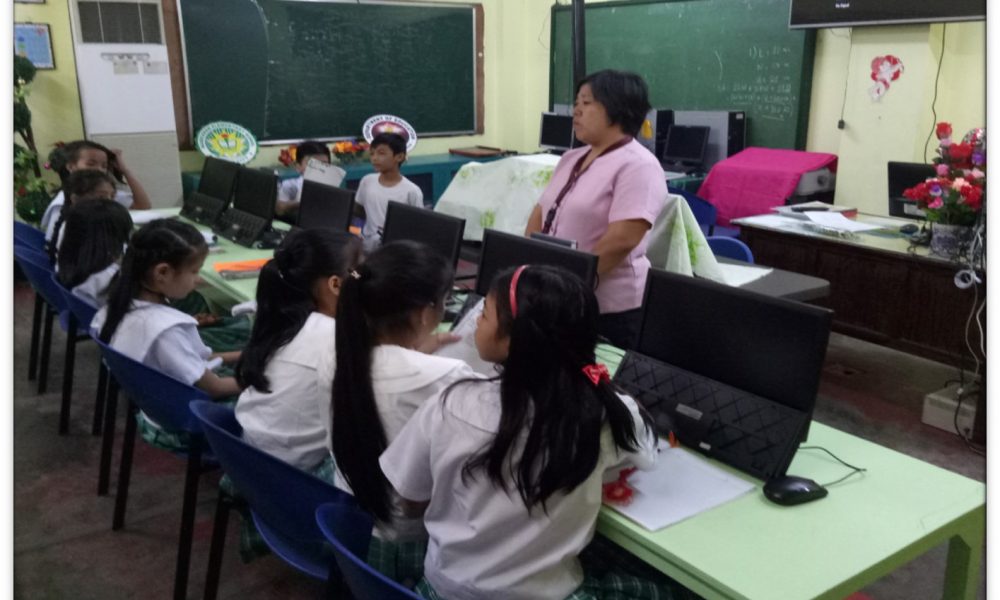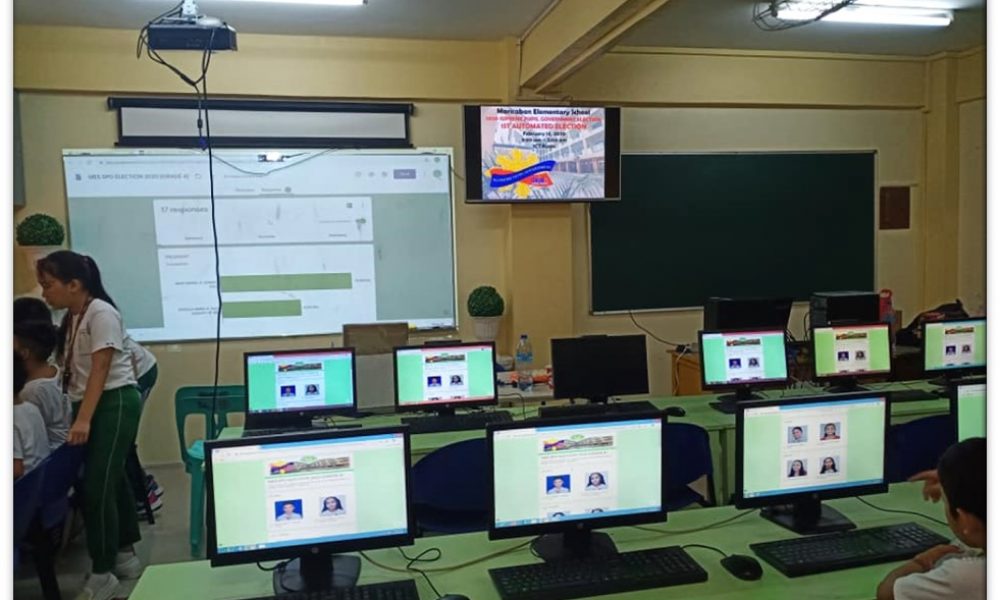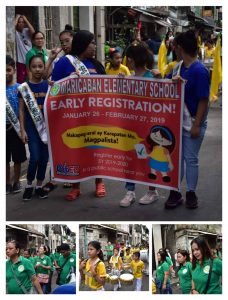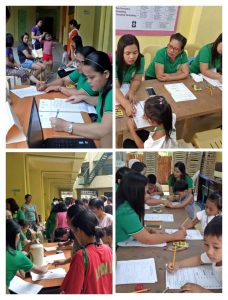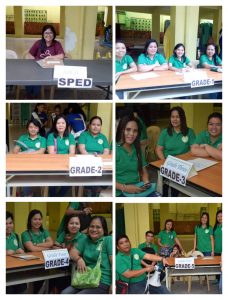Programs
EARLY REGISTRATION
The Department of Education (DepEd) issues the enclosed Basic Education Enrollment Policy. The subsequent school years thereafter, to institutionalize an efficient enrollment process in public and private schools, and state/local universities and colleges (SUCs/LUCs) offering basic education nationwide. The rules and standards prescribed by this policy uphold the right of learners to enroll in public schools upon presentation of minimum documentary requirements, and to be provided with accessible, relevant, quality and liberating education.
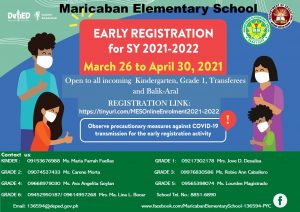
CONTINIOUS IMPROVEMENT (HOME VISITATION)
Home visiting programs are designed and implemented to support families in providing an environment that promotes the healthy growth and development of their children. Programs may target their services to families and caregivers who are at a particular disadvantage when it comes to establishing and maintaining such an environment. They may also focus on families in which the child is more vulnerable than the typical child because of health or developmental concerns.
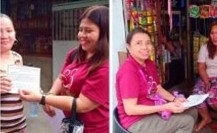
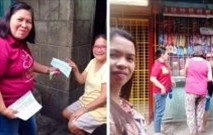
REMEDIAL READING
The goal of Remedial Reading is to dramatically reduce the number of students who have extreme difficulty learning to read and write. Remedial Reading is a highly effective short-term intervention of tutoring struggling readers in both an individualized and small group setting. Remedial can help struggling learners shore up their basic skills. This extra support can help them catch up to their peers. And sometimes, if a student’s gaps in learning aren’t related to a disability, it can eliminate the need for referral to special education. Ms. Carene Morta and Mrs. Brigida C. Turiano are the Remedial Techers in Maricaban Elementary School.
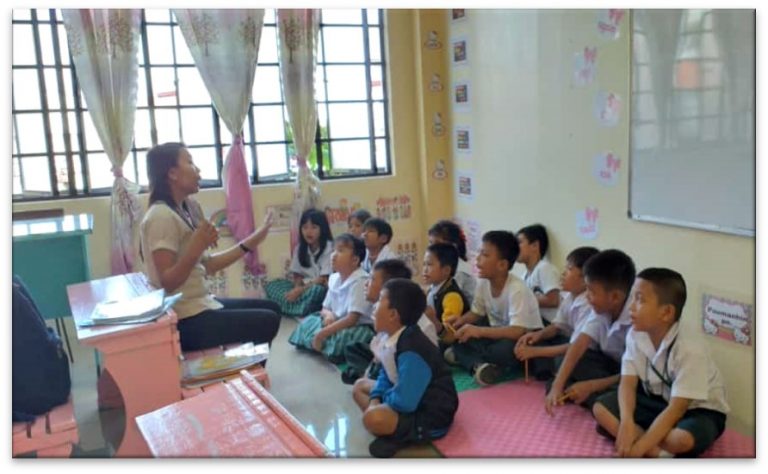
BRIGADA ESKWELA
Brigada Eskwela or the National Schools Maintenance Week is a nationwide initiative by the Department of Education (DepEd) that mobilizes thousands of parents, alumni, civic groups, local businesses, non-government organizations, teachers, students, and individuals who volunteer their time and skills to do repairs, maintenance work, and clean-up of public elementary and secondary schools. Despite of the pandemic that is happening in our country today the spirit of Bayanihan through Brigada Eskwela still goes on through these generous donors and sponsors that never fails to give help and support for the school and to the welfare of our learners.
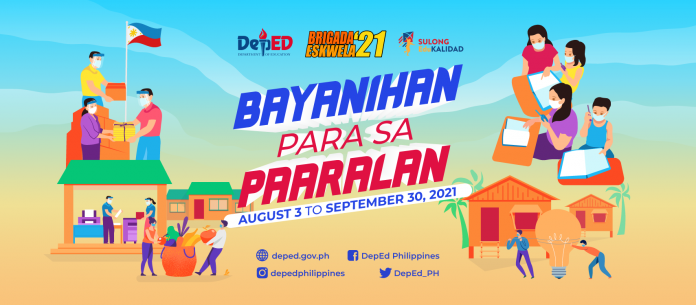

SCHOOL BASED FEEDING PROGRAM
The program’s short history has seen moderate success to develop the learning capabilities of malnourished young children by improving their health and nutrition. The SBFP covers all Severely Wasted (SW) and Wasted (W) Kindergarten to Grade 6 pupils for SY 2019-2020. The program primarily aims to improve the nutritional status of the beneficiaries by at least 70% at the end of 120 feeding days. Secondarily, it aims to increase classroom attendance by 85% to 100% and improve the children’s health and nutrition values and behavior.
School Feeding Programs (SFPs) are considered to be a sound investment in education. There is evidence that SFPs increase school enrollment , cognition , and educational achievement particularly if supported by complementary actions such as deworming and micronutrient fortification or supplementation .
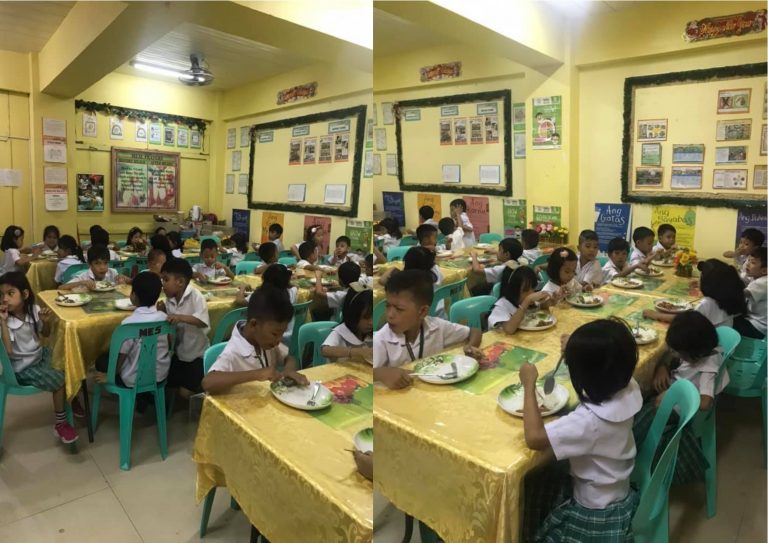
SCHOOL HEALTH IMMUNIZATION
The DOH’s school-based immunization program aims to reach more children, especially with the yearly increase in the number of enrollees. School-based immunization was piloted in 2013 in selected provinces and cities nationwide. In August 2015, the DOH, in collaboration with Department of Education (DepEd) and the Department of Interior and Local Government (DILG), successfully conducted vaccination in 38,688 public schools nationwide providing a second dose for measles and booster doses for diphtheria and tetanus. This became a yearly activity since 2015 when August was declared School-Based Immunization month and Maricaban Elementary School participates whole heartedly to this program so our learners would be healthier and far from any diseases.
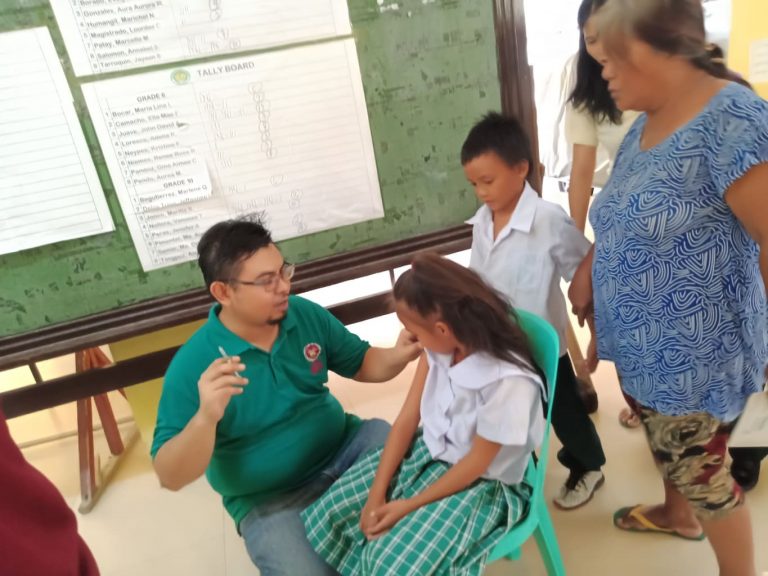
SCOUTING
In line with education and development of the learners, extra curricular activities are also encouraged in schools. Scouting is a part of the extra curricular activity where the learners develop sense of responsibilities and love for country and its fellowmen. Maricaban Elementary School caters such that the children is into the activities which develop the said attitude and camaraderie with other learners and also with their teachers addressed as the troop leaders. But because of the COVID –19 pandemic events and activities related to scouting were posponed to keep the safety of our learners, Yet a large number of registration for boy scout and girl scout were made.
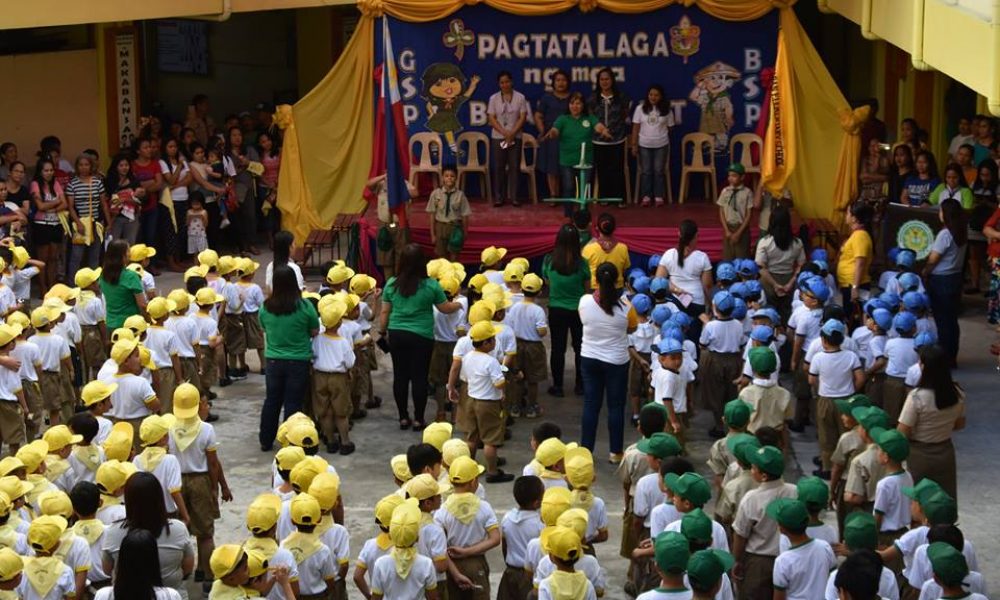
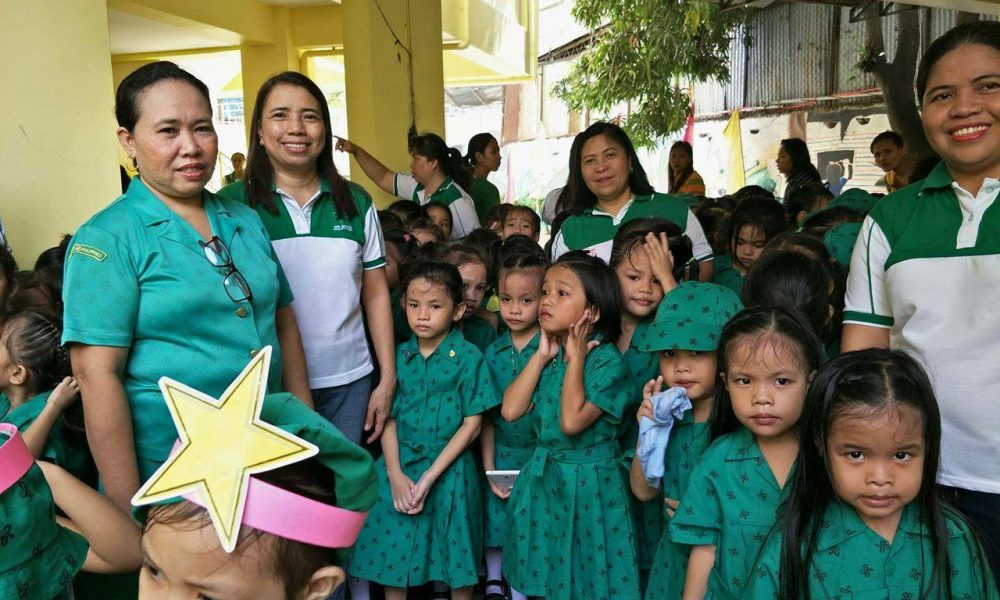
LAC SESSIONS
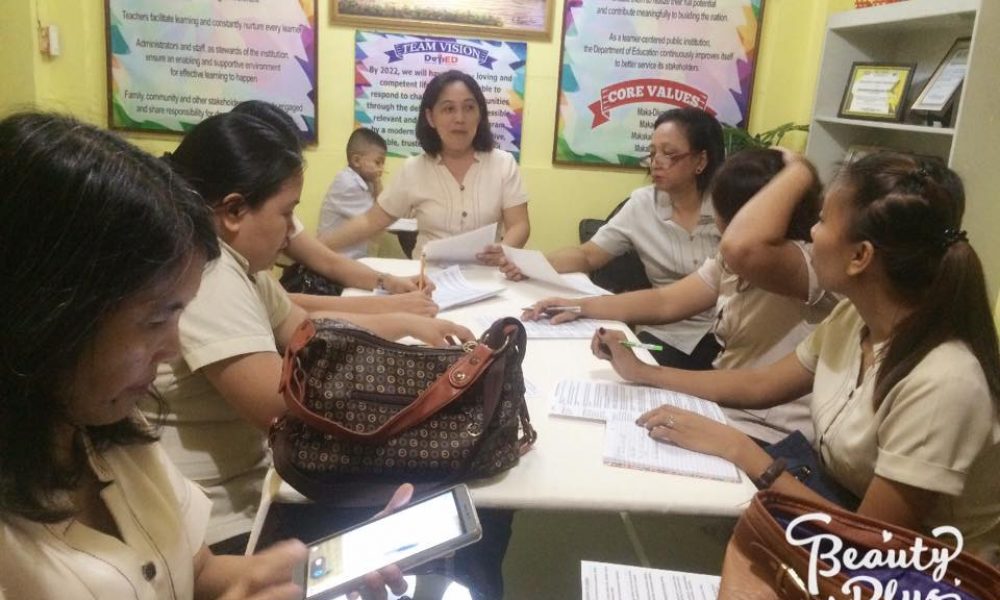
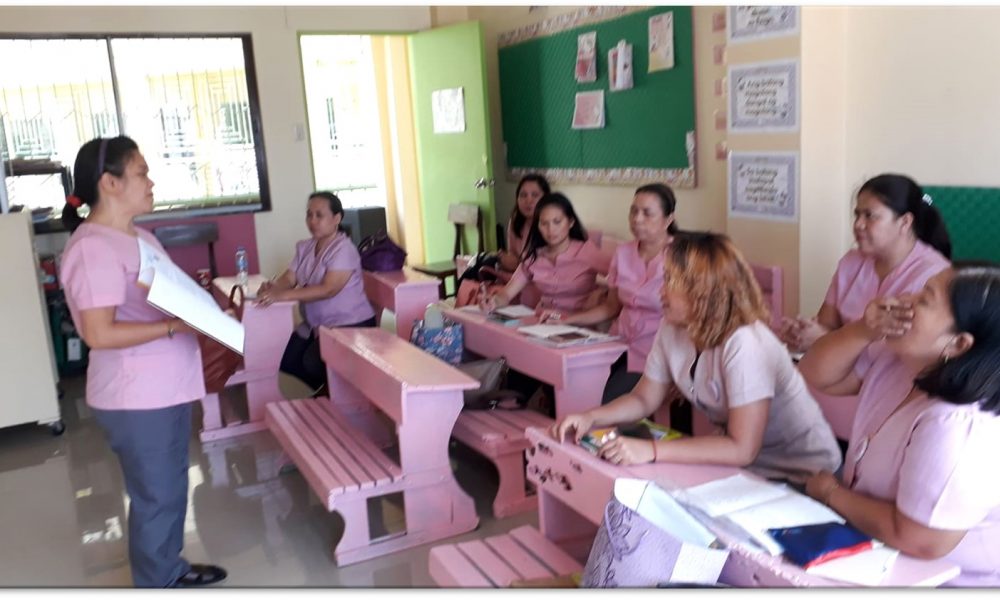
Learning Action Cell (LAC) is a group of teachers who engage in collaborative learning sessions to solve shared challenges encountered in the school facilitated by the school head or a designated LAC Leader. LACs will become the school-based communities of practice that are positive, caring, and safe spaces. Different methods of teacher professional development are implemented throughout the DepEd to improve teaching-learning processes.
MENTORING AND COACHING
Coaching is very similar to teaching because the most important thing a coach needs is significant knowledge of the sport rather than first-hand experience playing the sport. The role of a coach is to guide, motivate, and critique their player in order to unlock their full potential in the sport being played. The success is measured by how well the player does in competitions, with the majority of the responsibility being placed on the coach. Some coaches can have one player they are responsible for, but most tend to have a full team. This can make a coach’s relationship with their players more personal than a teacher with their students because of the hour’s coaches spend with their players and the environment they’re in.
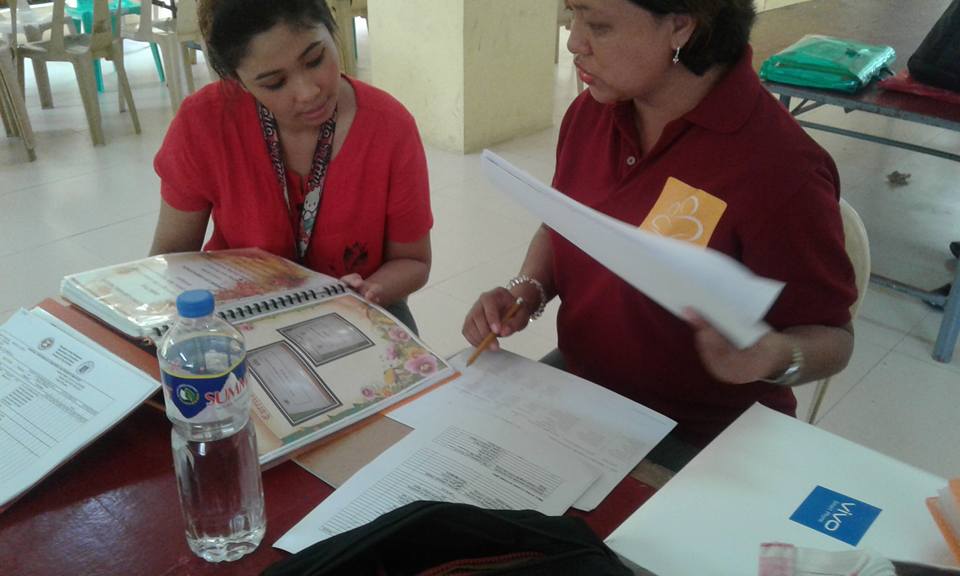
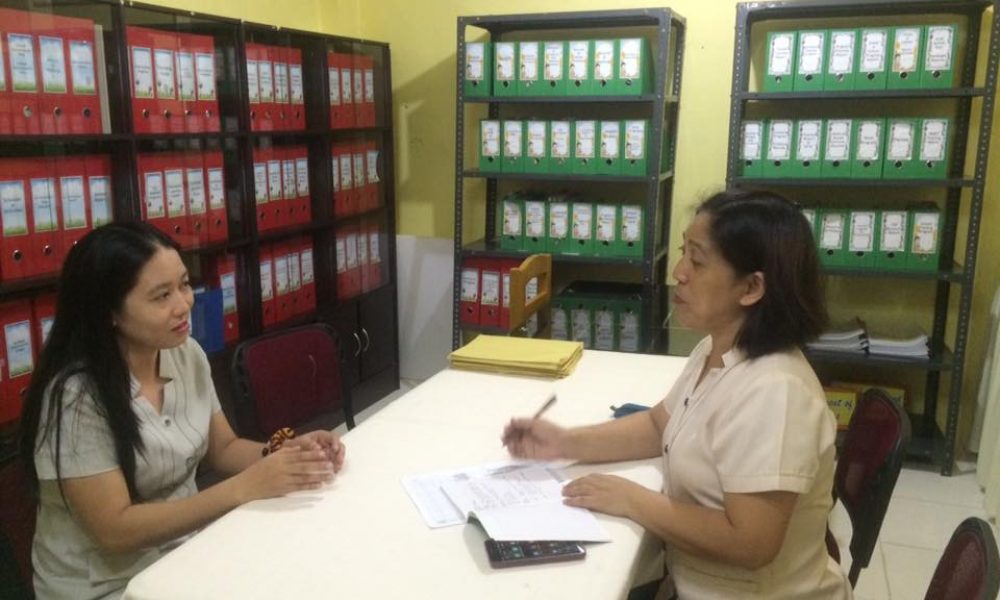
NATIONAL GREENING PROGRAM (GULAYAN SA PAARALAN)
The Gulayan sa Paaralan Project is pursuant to DepEd Memorandum No. 293 series of 2009 and DA Administrative Order #10 Series of 2007. All schools are asked to establish and maintain the Gulayan sa Paaralan Program as a source of ingredient and to encourage the families of the School Based Feeding Program (SBFP) to have their own home garden for the continuous nutritional improvement at home. Gulayan sa Paaralan helps reduce hunger, and malnutrition.
School gardens are cultivation areas or school laboratories around or near the schools for production of fruits, green vegetables, flowering, and shading. Pupils learned how to plant different kinds of vegetables and how to take care of them. These students are responsible for watering and putting fertilizers in the plants and vegetables planted in the school garden. The production of fruits and vegetables in the schools garden and the subsequent preparation of healthy foods in close cooperation with the parents within the school premises can address the health and nutrition problems in the school. the greater problem of malnutrition especially among children is that it ultimately lead to slow mental and physical growth of the students and could also increasingly affect the students performance.
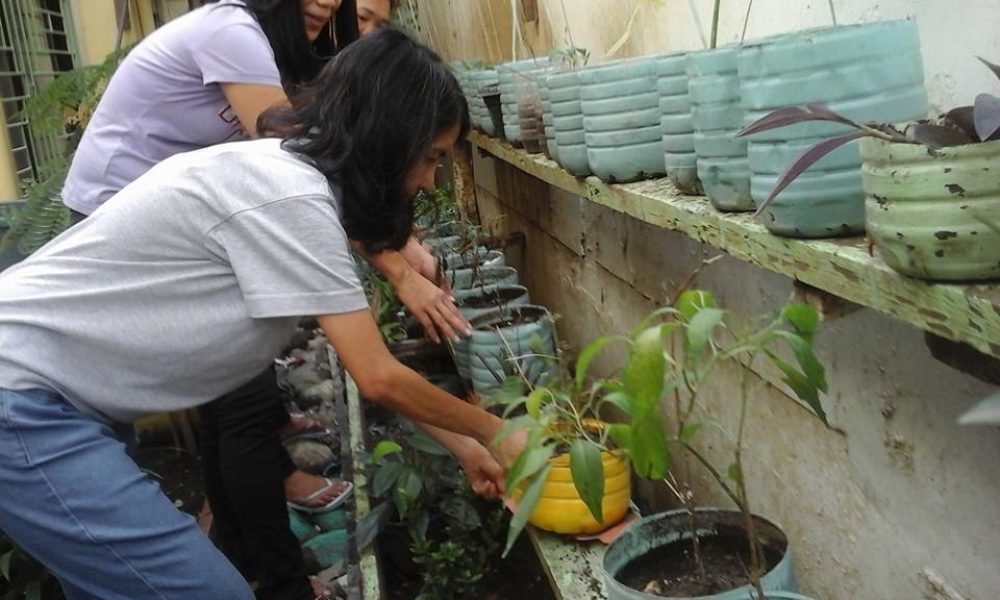
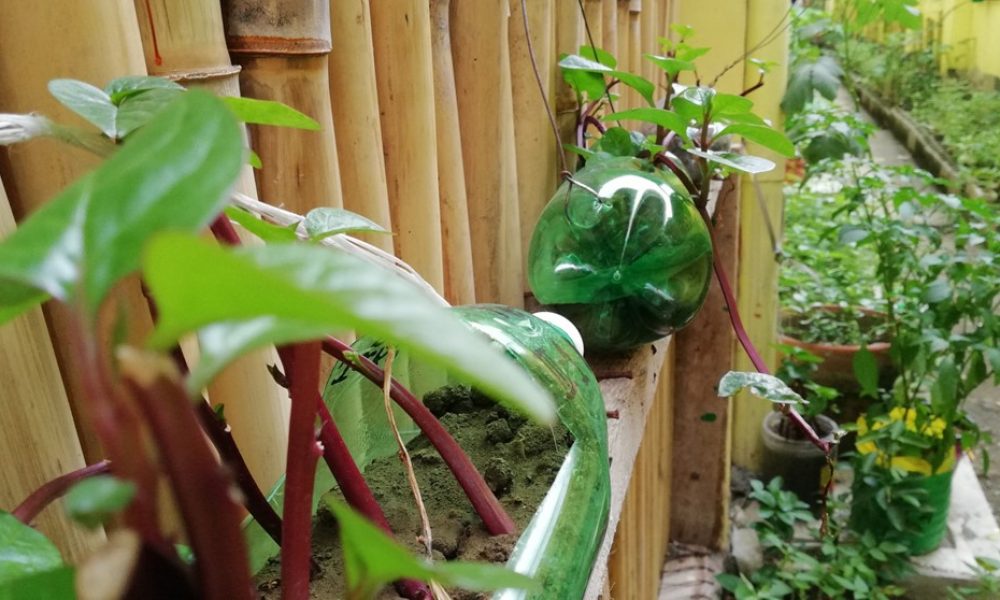
INFORMATION AND COMMUNICATION TECHNOLOGY
The 2015 DepEd Computerization Program (DCP) aimed at providing public schools with appropriate technologies that would enhance the teaching-learning process and meet the challenges of the 21st century. It also aims to raise the information and communication Technology (ICT) literacy of learners and teachers as well.
Last SY 2018-2019, two DCP computer packages (Batch 29 and 30) were delivered to Maricaban Elementary School. It is accessible in the Computer Lab in the school and being used by each grade level as scheduled.
And for this SY 2019-2020 the DCP added a new instructional material wherein both teachers and students will enjoy the new way of learning and teaching through the use of this innovative and interactive material which is composed of a laptop and projector. PAGCOR also donated 10 sets of desktop computers which the learners and teachers could use inside the Computer Laboratory.
